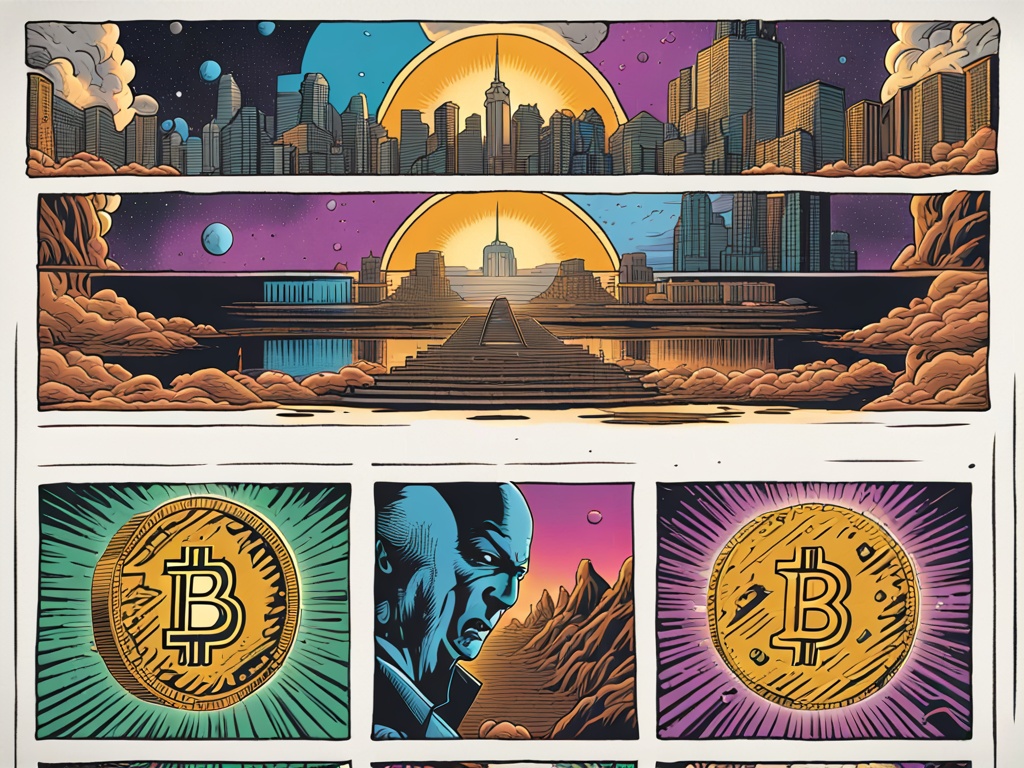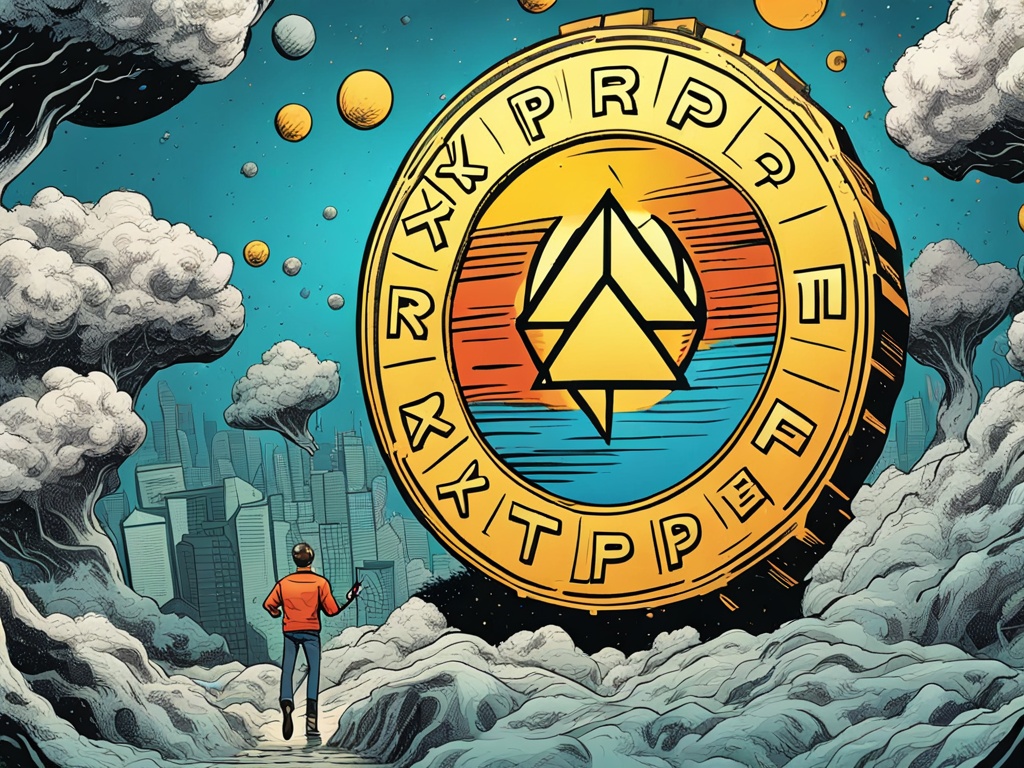Have You Ever Considered How One Mistake Could Cost You Millions in Crypto?
Imagine one day you decide to transfer your hard-earned crypto, and instead of sending it to your friend or an investment opportunity, you accidentally send it to a scammer. Sounds like something out of a horror movie, right? But, believe it or not, this is a reality for some people in the crypto universe. Recently, an unnamed holder of PYTH tokens made that exact mistake, and it cost them over $3 million. Ouch!
Key Takeaways
- Address Poisoning: A common tactic where scammers exploit users’ transaction histories.
- High Stakes: Victims can lose significant amounts, sometimes even millions, in seconds.
- Two Methods Used: Scammers often utilize zero-value transfers or fake token contracts to execute these schemes.
- Be Cautious: Always verify addresses from trusted sources instead of relying solely on transaction histories.
Why Such Mistakes Happen
So, what led to this catastrophic blunder? The victim was looking at their transaction history and saw an address that looked familiar—after all, the first four characters matched a previous deposit wallet. The scammer had cleverly created a fake address that mimicked the victim’s deposit wallet, and to make it seem legit, they sent a tiny amount of cryptocurrency—a mere 0.000001 SOL—just to throw the victim off guard. This led to a classic case of what experts call "address poisoning."
You know, it’s kind of tragic and funny at the same time, right? It’s like they say: “If it looks too good to be true, it probably is.” Or in this case, if an address looks too familiar, maybe it’s best to take a second glance!
Understanding the Tactics of Cyber Scammers
The methods behind these attacks can be broken down into two key strategies:
-
Zero-Value Transfers: In this trick, the scammer uses genuine token contracts to execute transactions with essentially no value. These small transfers display misleading activity in someone’s transaction history, creating a false sense of security.
- Fake Tokens: Here, scammers create bogus token contracts that resemble real tokens like USDT or USDC. When they spot a legitimate transaction, they send fake tokens to the user’s wallet, making it look like a transaction is taking place. The unsuspecting user sees activity and, when it’s time to repeat a transaction, might accidentally copy the scammer’s address, leading to a disastrous outcome.
It’s funny (in a chilling way) how a tiny piece of code can lead to such colossal losses, isn’t it? This mishap truly highlights the notion that in crypto, one small mistake can mean a huge financial hit.
Protect Yourself—Practical Tips for Crypto Investors
So, how can you protect yourself in this unpredictable market? Here are some tips that might just save your journey in the crypto world:
-
Double-Check the Address: Always take an extra minute to verify that the wallet address you’re sending funds to is correct. Use official channels or trusted contacts.
-
Be Wary of Transactions History: It’s tempting to copy addresses from your transaction history, but it could cost you. Always retrieve addresses from a secure, official source.
-
Use Known Wallets: If you’re transacting frequently with someone, consider saving the wallet address in a trusted wallet application to avoid any mix-ups.
-
Enable Security Features: Leverage two-factor authentication (2FA), use hardware wallets, or even set up withdrawal notifications to keep track of your transactions.
- Educate Yourself: Stay updated about the latest scams and tactics circulating in the crypto sphere. Knowledge is power, and a well-informed investor is often a successful one.
Personal Insights
Having navigated the choppy waters of crypto myself, I’ve learned a thing or two about vigilance. Mistakes are part of life, right? But when it comes to managing your digital assets, the stakes are just too high to be careless. I’ve had my moments, and I bet many of us have gone through that jittery feeling while clicking “send.” It’s a game of nerves, but definitely one you can play smart!
Final Thoughts: A Reflective Question
As you ponder the intricacies of cryptocurrency transactions, think about this: How much are you willing to safeguard your assets against the lurking threats? Remember, in a world where a tiny mistake can lead to a monumental loss, vigilance is your best investment!
So, what measures have you taken to protect yourself in this volatile crypto landscape? Let’s share our war stories and maybe even make this space a little safer for all of us!





 By
By
 By
By
 By
By

 By
By